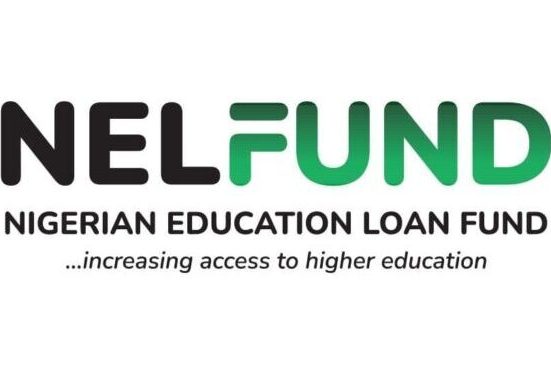In a powerful demonstration of how private sector innovation can drive social impact, Unilever’s TRANSFORM initiative is making significant strides in improving livelihoods across emerging markets, including Nigeria. Working through strategic partnerships, the programme is bridging critical gaps in health, hygiene, and economic empowerment for underserved communities.
Launched in collaboration with the United Kingdom’s Foreign, Commonwealth and Development Office (FCDO) and Ernst & Young (EY), TRANSFORM aims to support sustainable business models that address global development challenges. Since its inception, the programme has backed more than 75 social enterprises across Africa and Asia, directly impacting over five million people and creating more than 28,000 jobs globally.
In Nigeria, the initiative has focused on scaling solutions that empower low-income households, particularly women and youth. By providing seed funding, mentorship, and access to Unilever’s vast market knowledge, TRANSFORM is helping social entrepreneurs grow businesses that not only generate income but also promote better health and environmental outcomes.
One notable success is the support given to small enterprises in the hygiene and sanitation sector, where demand for affordable, effective products remains high. With the World Bank estimating that 70 million Nigerians lack access to basic sanitation services, initiatives like these are crucial in bridging public health gaps while creating employment opportunities.
Unilever’s approach under TRANSFORM is rooted in the belief that businesses can be a force for good while remaining profitable. By integrating social impact into its core business operations, the company is demonstrating a new model of corporate responsibility that moves beyond philanthropy to foster long-term, scalable change.
Officials at Unilever have emphasized that the strength of TRANSFORM lies in collaboration. By working with a network of government agencies, non-profits, startups, and local communities, the initiative is able to adapt to on-the-ground realities and ensure that interventions are culturally sensitive, economically viable, and environmentally sustainable.
As Nigeria continues to tackle the dual challenges of poverty and unemployment — with the National Bureau of Statistics reporting that 37% of the working-age population was underemployed as of late 2024 — innovative partnerships like TRANSFORM offer a blueprint for inclusive growth. Experts believe that such initiatives can play a critical role in achieving the United Nations Sustainable Development Goals (SDGs), particularly those related to decent work, reduced inequalities, and good health and well-being.
With its model of strategic collaboration and enterprise-driven solutions, Unilever’s TRANSFORM is proving that when businesses think beyond profits, they can unlock opportunities that uplift communities and drive resilient, inclusive economies.







